“Samriddhi” is a word that means “Prosperity” in Nepalese. It’s also the Nepalese name of the Rural Enterprises and Remittances Project (RERP), an initiative funded by the International Fund for Agricultural Development (IFAD) and the Government of Nepal. The project supports and facilitates the creation of micro, small, and rural medium-sized enterprises, as a means of developing local businesses and creating jobs – and specifically includes returning migrants among those it supports.
There are rare unfortunate circumstances when they do not return, and in these cases, RERP does its part to assist the families they leave behind. Ms. Lalsha is a resident of Kalaiya, Bara District of Nepal. When her husband passed away, she and her two children were left in debt and without a means of support. Like many Nepalese, he had gone abroad to earn money which he sent back to his family, but while he was there he fell ill and passed away. Under normal circumstances, this would have condemned the family he left behind to financial ruin – however, a newly created local level institution came to their rescue. Thanks to the support of the local Migrant Resource Center (MRC), Ms. Lalsha received 2 million rupees (about 16’800 USD) in compensation from the Foreign Employment Board (FEB) and insurance company, and now has a new lease for her and her children’s lives. After paying off her debts, she reinvested that money in livestock, and now supports herself and her children thanks to a thriving buffalo business.
In Nepal, one of the most important sources of income is the money sent home by its migrant population. Many of these migrants have never left home before: they do not know how to travel abroad and search for work, and neither they nor their families know what their rights are or how to uphold them if they have problems.
In 2017, the Government proposed the establishment of local-level MRCs and Migration Information Desks (MIDs) to provide advice to the prospective migrants on existing opportunities and training available within Nepal, facilitate international travel, and help them solve problems – these include issues related to fraud by the intermediaries or employment agencies, settling in, health, legal problems, and abuses of power by the employers. Ms. Lalsha was just one the people whose lives were changed by them.
Thanks to RERP’s support, the Center for Migration and International Relations (CMIR), a local NGO, also assists MRC staff on select cases, trains them, and mediates with Government departments. Another organization, the People’s Forum for Human Rights, supports MRCs for free, by providing legal aid to migrant workers and assistance to staff in case of need. The MRCs supported by RERP have access to the project’s Management Information System, to track the cases and refer people to the appropriate. In the last 1.5 years, these 14 centers have helped migrants and their families to deal with 156 cases, most of which are related to fraud or death.
The Ministry of Labour Employment and Social Security helps migrants registered with the FEB to obtain compensation in case of need, and provides scholarships for the children of migrant families. These activities are also facilitated by MRCs, which guide citizens through the procedures for requesting assistance from the police, district administration, judicial committee and related government authorities. Ms. Lalsha had originally approached the MRC to obtain scholarships for her children, but the staff helped her to obtain compensation first as it was more urgent.
Through the MRCs, Nepalis have been able to rescue their loved ones and bring them back to Nepal; they have been able to bring back their deceased relatives’ bodies; they received scholarships; and they obtained compensation from the FEB, insurance companies, agents and recruiting employers.
Ms. Sukhmaya Ghising was also left alone when her husband, Mr. Ramesh Ghising, also fell ill and passed away while working abroad. She told the staff of the MRC in Dhankuta that she will forever be grateful to them for their efforts in bringing back the body of her husband, and helping her receive the outstanding salary from his employer in Saudi Arabia (about 800’000 rupees, or almost 6’800 USD). Thanks to the money she received she was able to pay for her children’s education and household expenses.
The COVID-19 pandemic has impacted the entire world, and Nepalese migrants are not excluded. Although the Government has been able to rescue many labourers who were left stranded abroad, many undocumented migrants remains in challenging situations. The MRCs’ contribution has been vital, and over time they hope to be able to achieve more. Thanks to IFAD’s support to the MRCs through funding for their operation and specialized staff, Nepalis who have run into difficulties related to their jobs have been able to come back home, their families have been able to access support.
MRCs and MIDs have now become the first port of call to help returnees reintegrate thanks to their successes. RERP has been helping communities by providing vocational and financial training, helping them grow produce and join agricultural supply chains, supporting businesses, and mobilizing resources in support of migrants. In future, local MRCs will provide links to RERP activities at the local level to help returnees wishing to start businesses or find jobs, and link them to other initiatives.

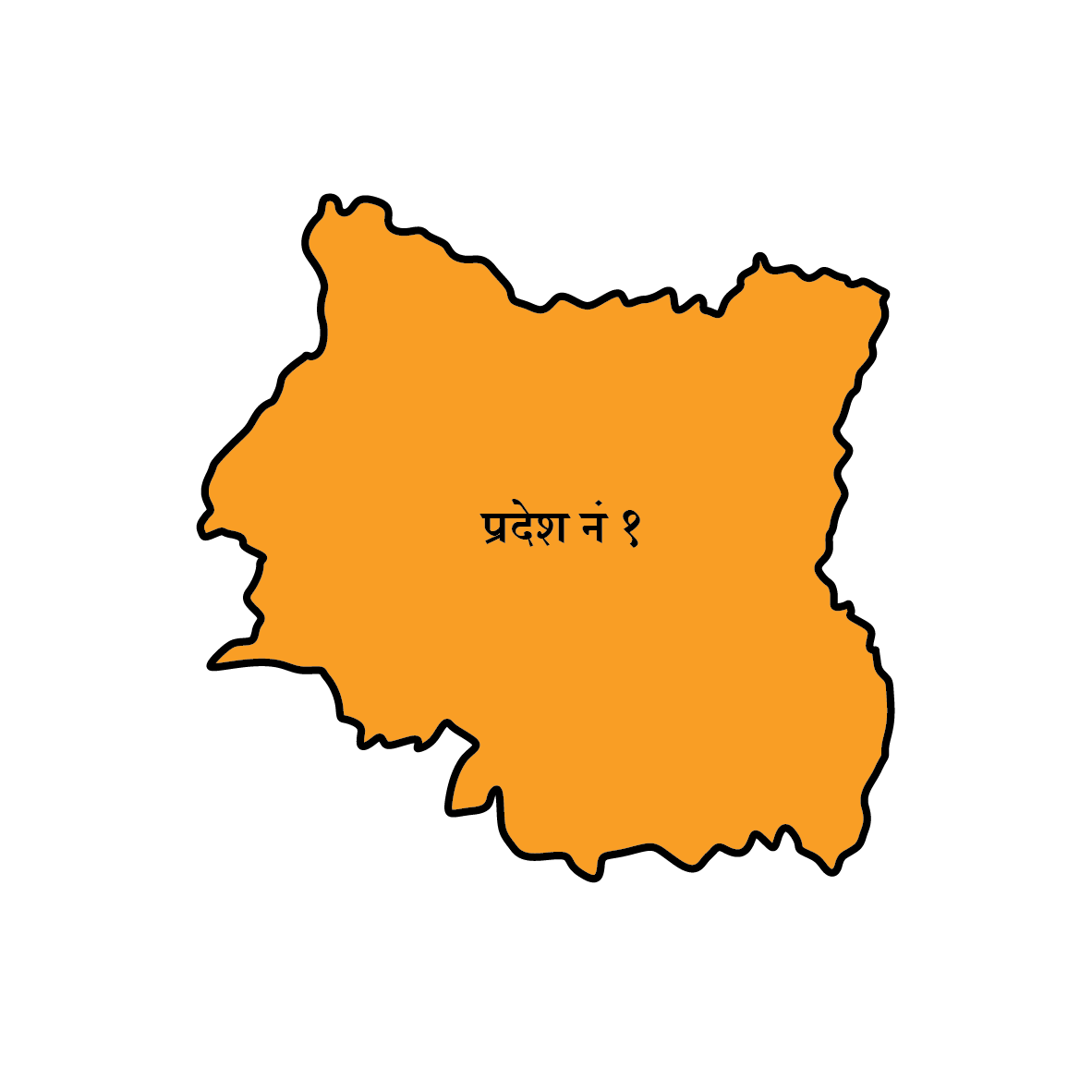 कोशी प्रदेश
कोशी प्रदेश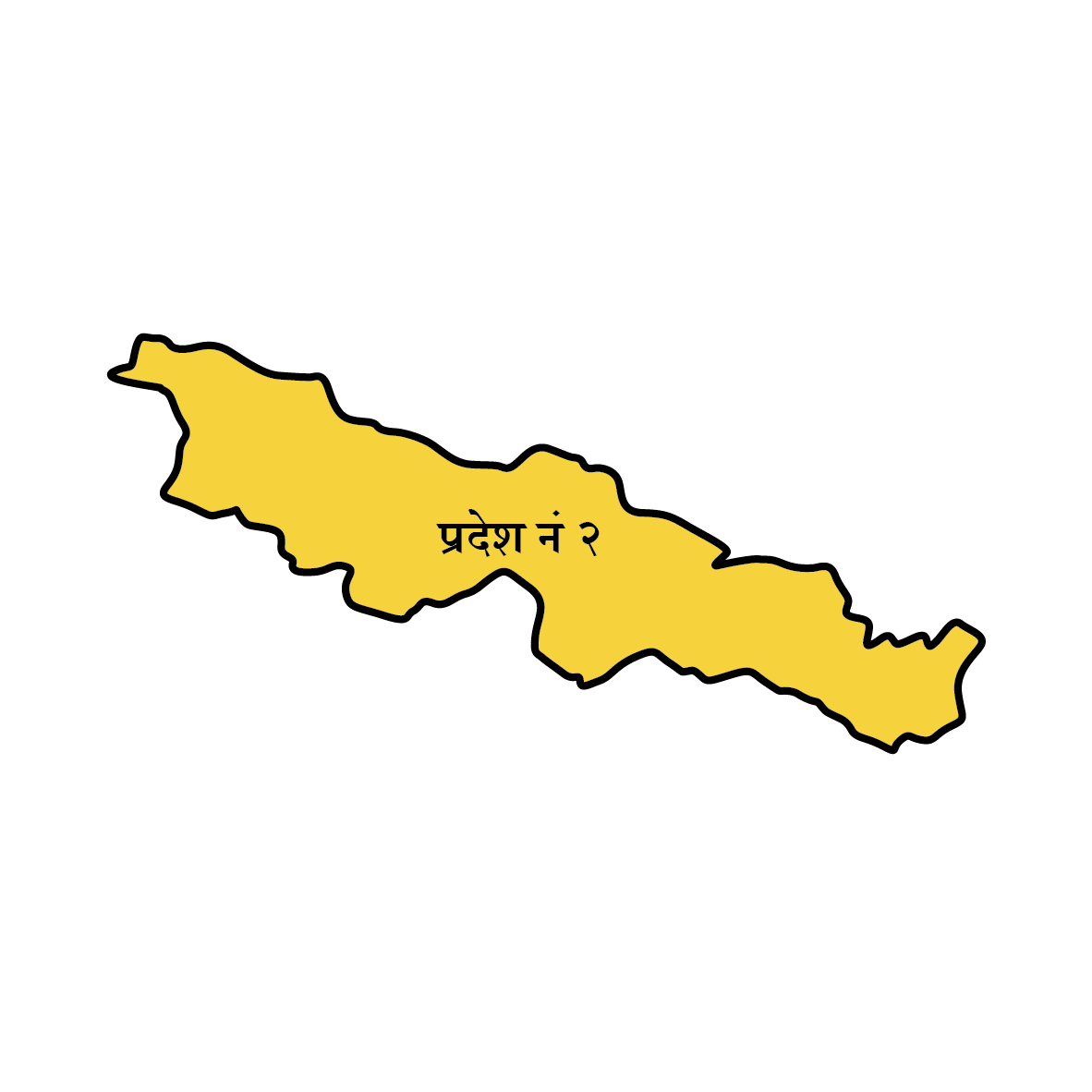 मधेश प्रदेश
मधेश प्रदेश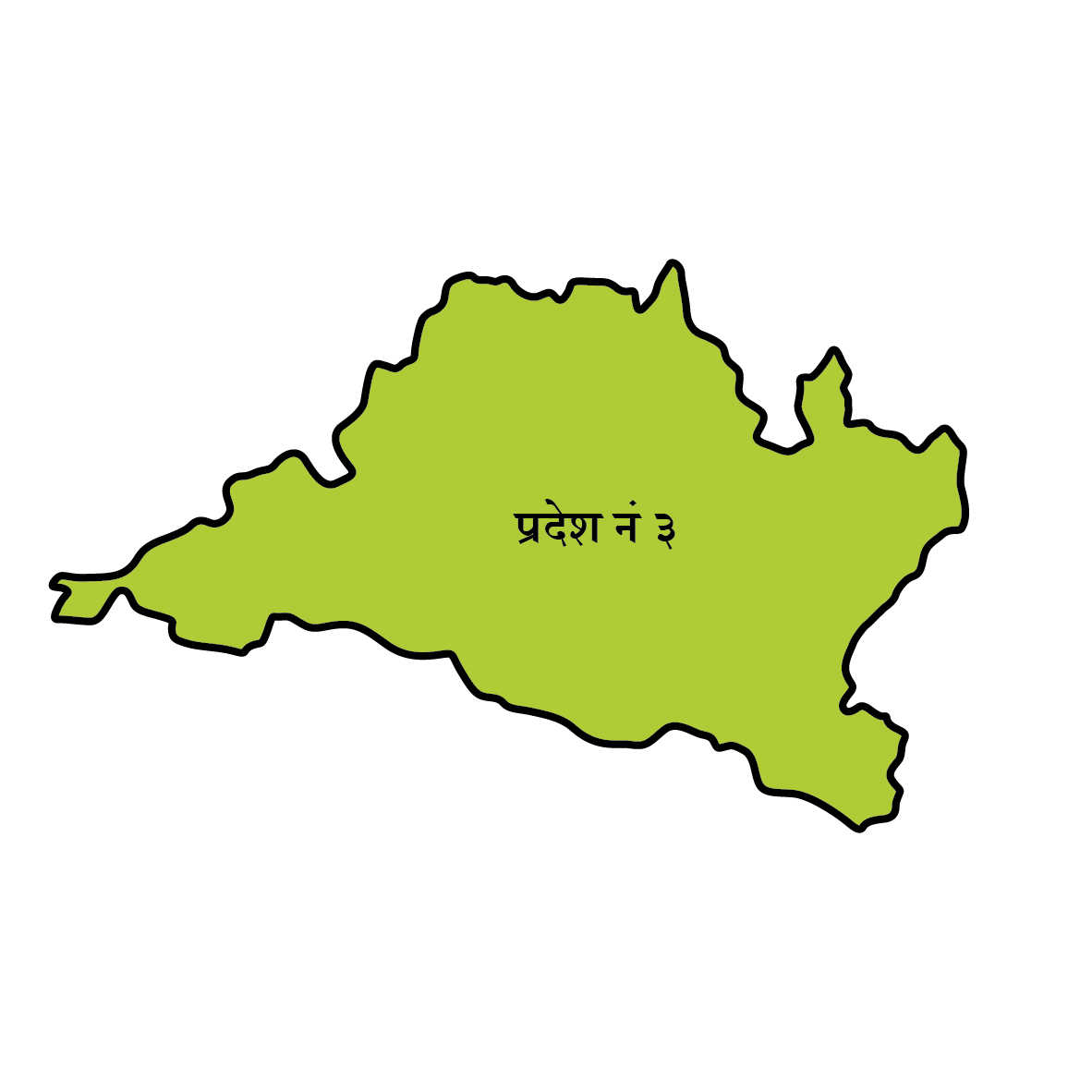 बागमती
बागमती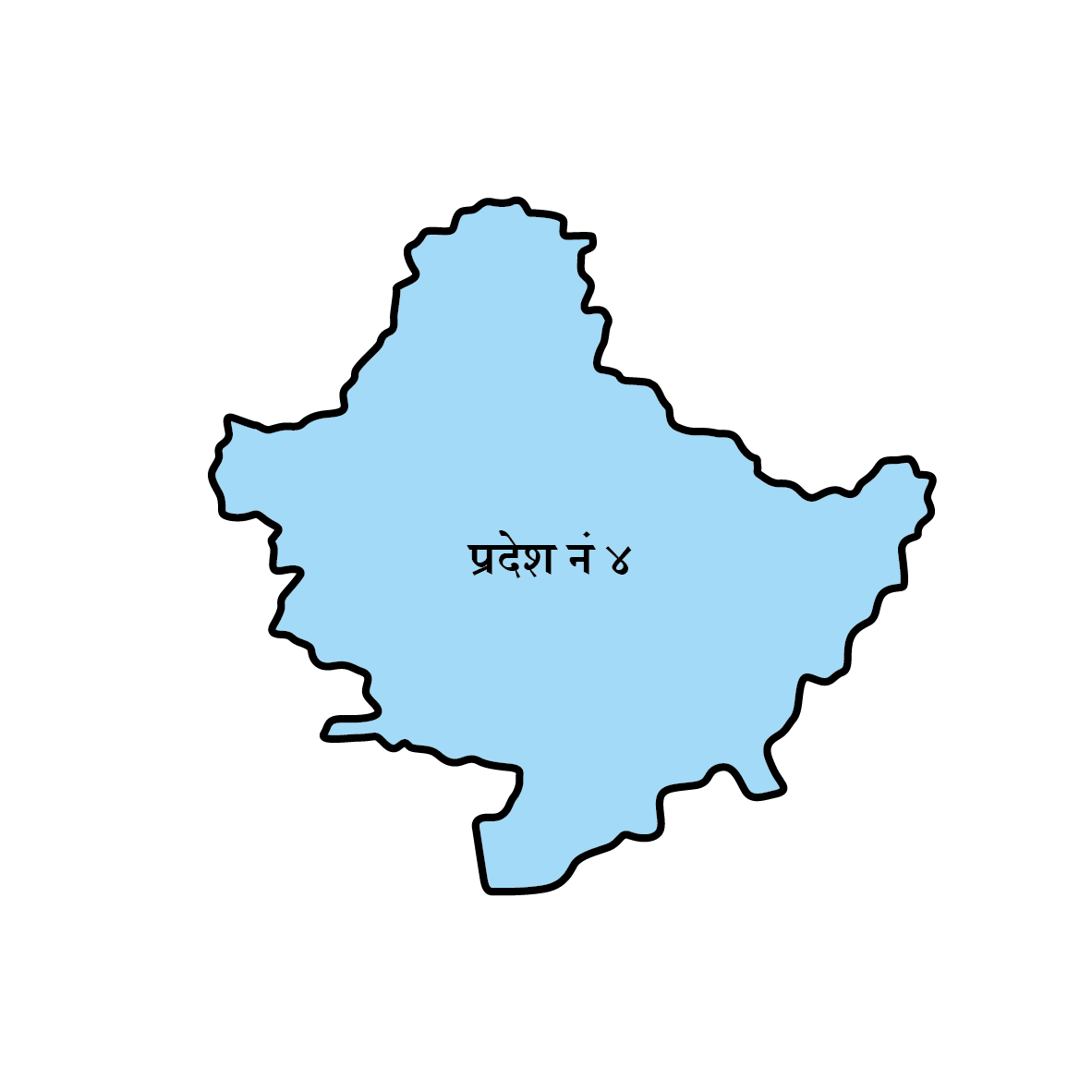 गण्डकी
गण्डकी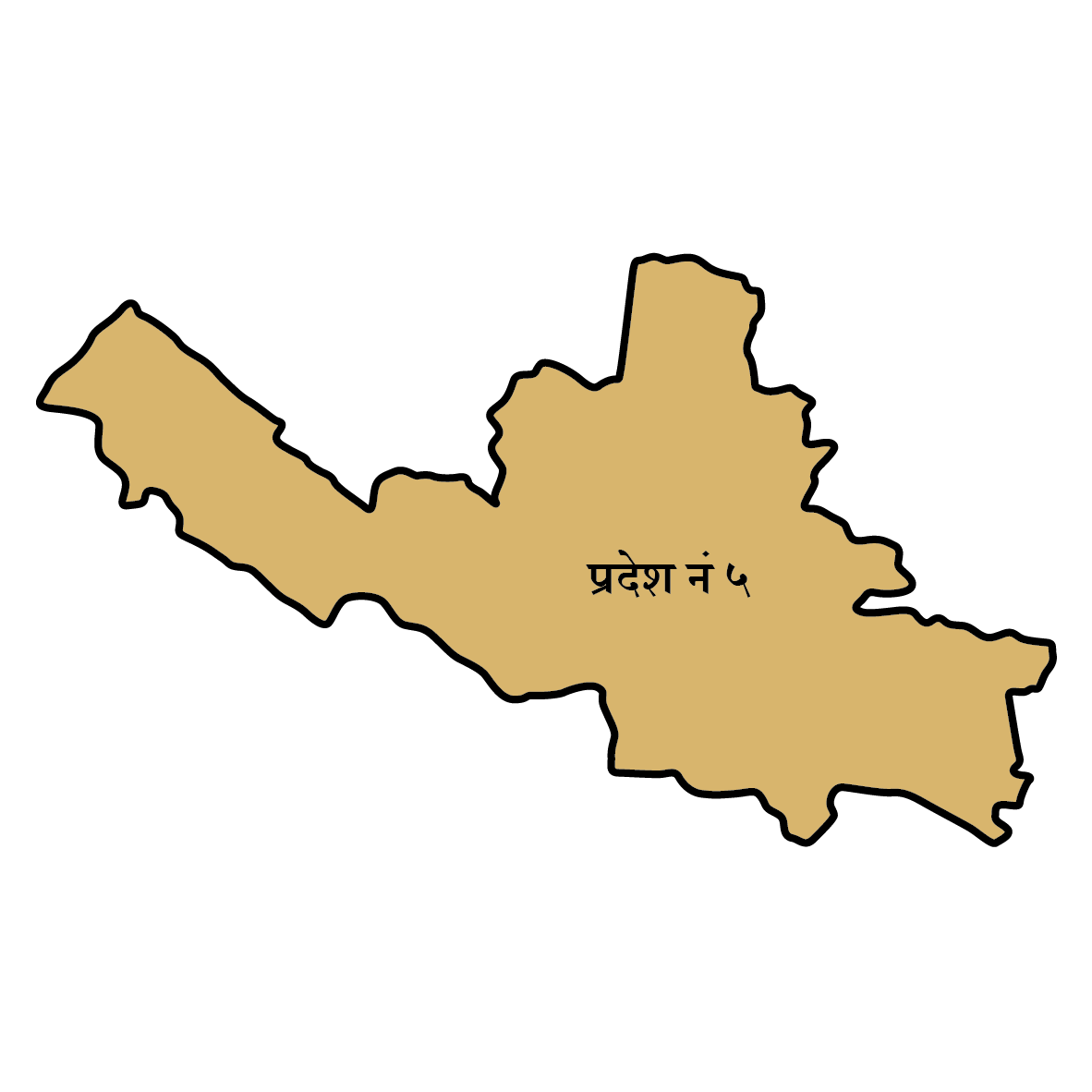 लुम्बिनी
लुम्बिनी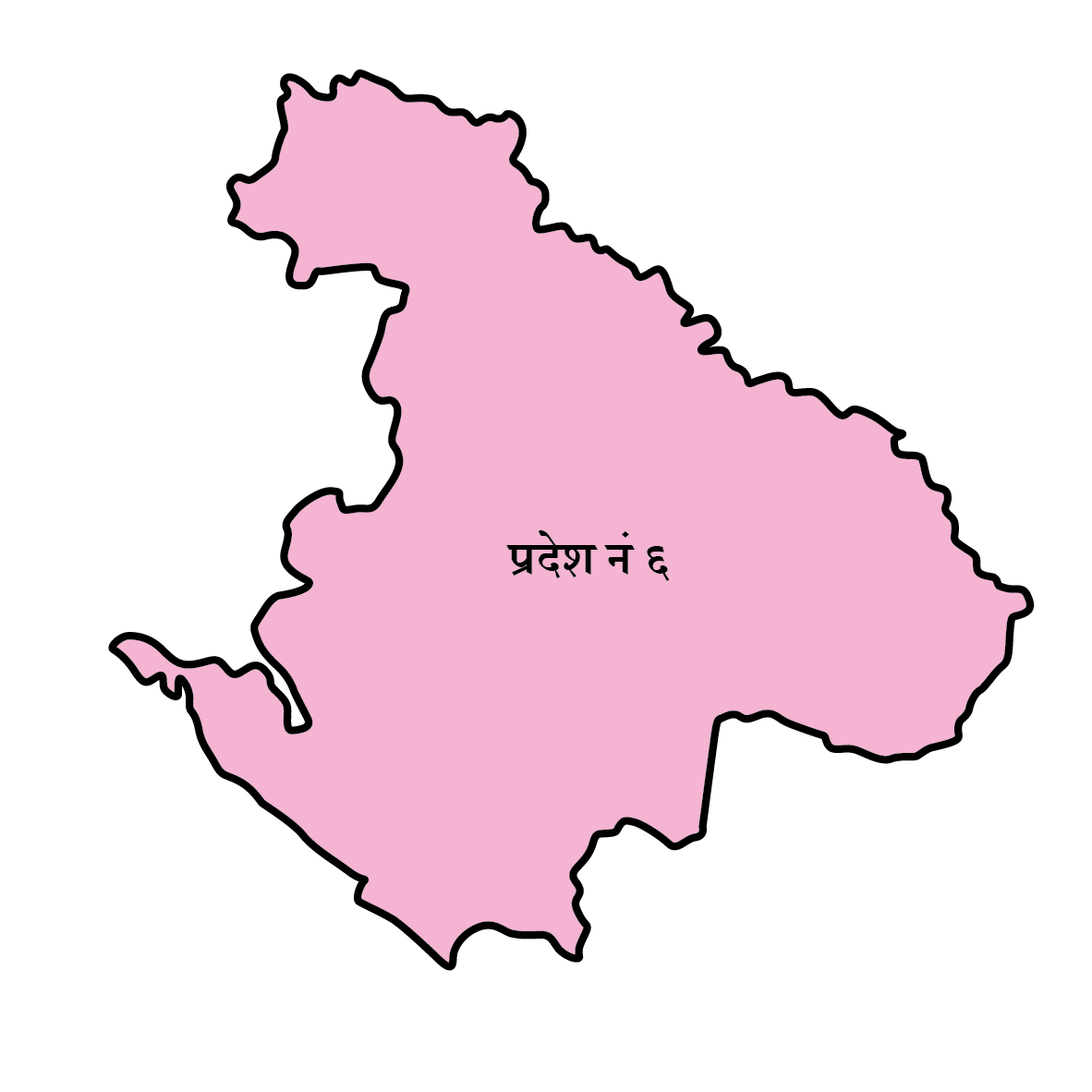 कर्णाली
कर्णाली 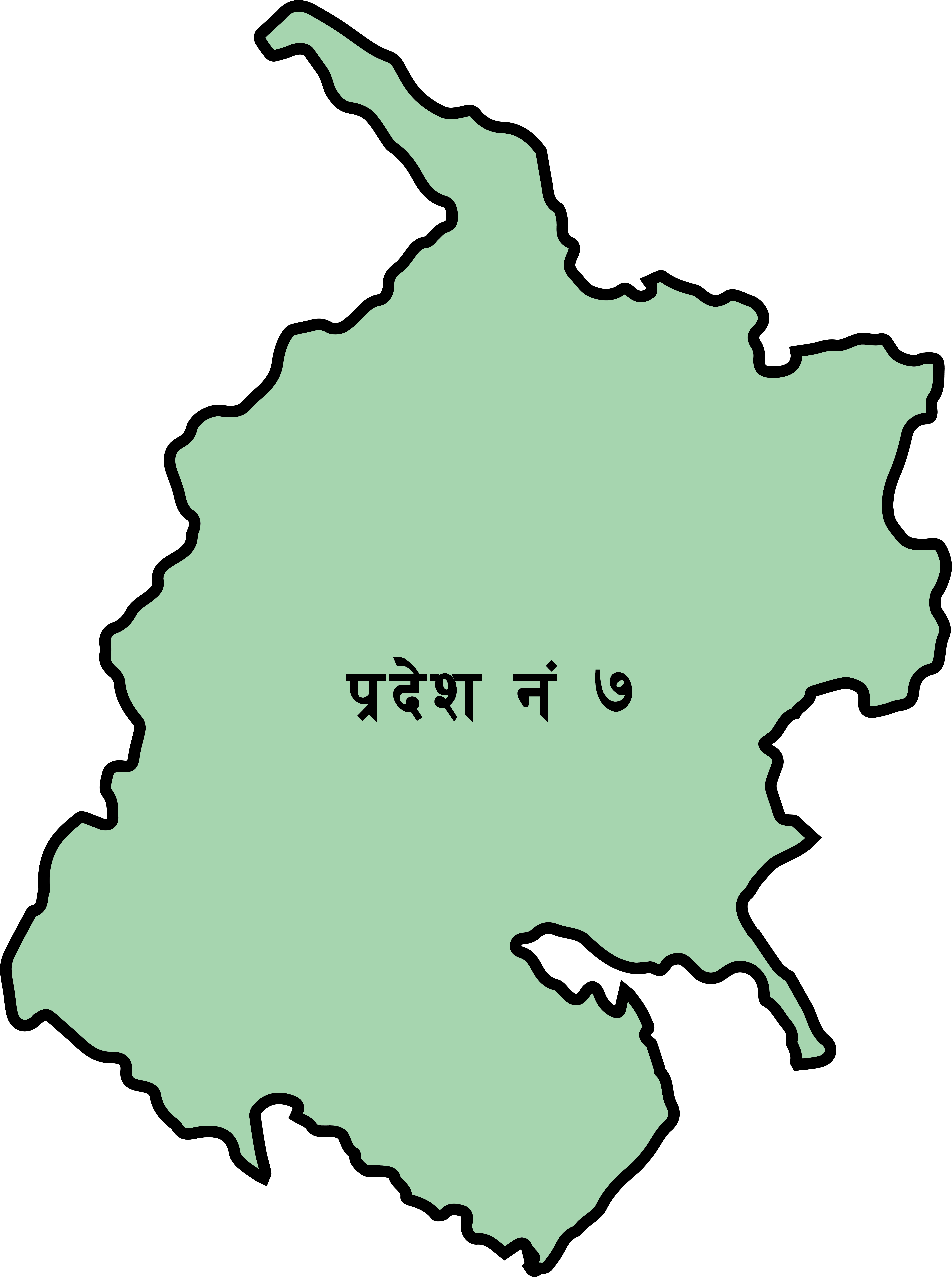 सुदूरपश्चिम
सुदूरपश्चिम
















